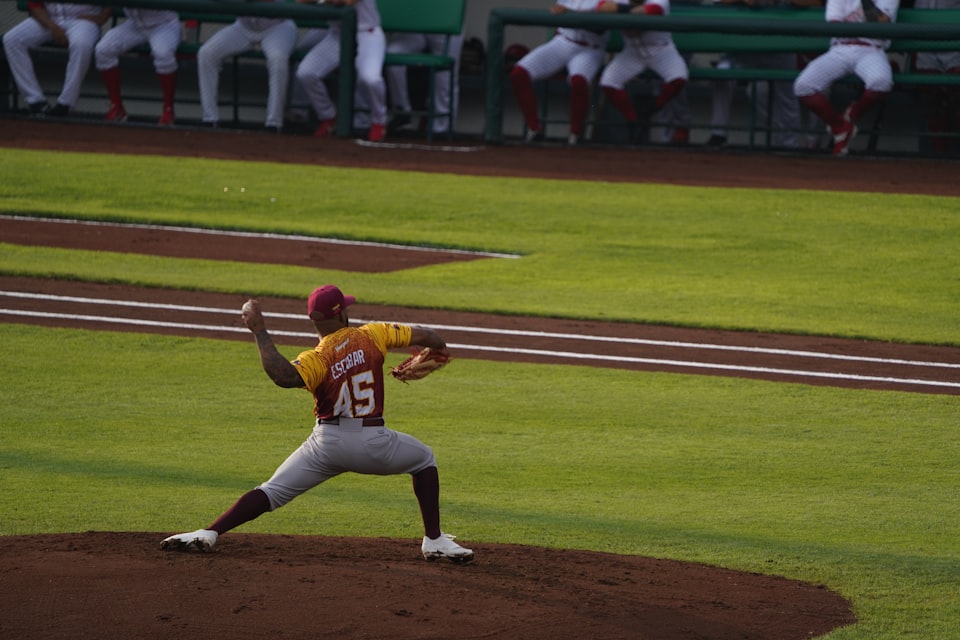In the diverse tapestry of language, certain terms capture our imagination and curiosity. One such term is 'Southpaw,' a colloquial label for left-handed individuals. But where did this term originate, and how has it evolved to represent more than just a baseball jargon? This article aims to uncover the roots and cultural journey of 'Southpaw,' providing a unique insight into this intriguing term.
Historical background of 'southpaw'
The term 'Southpaw' finds its origins in the baseball fields of the 19th century. In the early days of baseball, stadiums were commonly designed with the batter facing east. This strategic orientation prevented the afternoon sun from glaring in the batter's eyes. As a result, a left-handed pitcher's throwing arm would be on the southern side of the mound. This geographical alignment birthed the term 'Southpaw,' initially used to describe left-handed pitchers. Over time, the term transcended its baseball confines and became synonymous with anyone left-handed.
Cultural implications of being left-handed
Throughout history, left-handedness has been shrouded in superstition and mystery. In many cultures, left-handers were viewed with awe and suspicion. This duality stemmed from various beliefs and myths, positioning left-handed individuals as extraordinary or sinister. However, the 20th and 21st centuries have witnessed a significant shift in these perceptions. Today, being a Southpaw is often seen as a hallmark of uniqueness and creativity. This change in perception reflects a broader societal shift towards embracing diversity and challenging old stereotypes.
The baseball connection
The role of baseball in popularizing 'Southpaw' cannot be understated. The unique position of left-handed pitchers and the strategic advantages they brought to the game cemented the term in baseball terminology. Legends like Sandy Koufax and Randy Johnson, with their remarkable pitching skills, not only brought glory to their teams but also to the term 'Southpaw.' In modern baseball, the term is a proud nod to the sport's history and the unique talent of left-handed pitchers.
Beyond baseball - broader usage of 'southpaw'
'Southpaw' has now stepped beyond the baseball diamond. Its usage has percolated into other sports, literature, and cinema, often used to denote a sense of uniqueness and skill. The term has been embraced by left-handed individuals across various fields, standing as a proud testament to their distinctiveness. Being a Southpaw is often associated with a unique perspective and approach, whether in sports or creative endeavors.
The science of left-handedness
Scientifically, left-handedness results from a complex interplay between genetics and environmental factors. Studies have indicated that left-handers may experience advantages such as improved spatial awareness and creativity. However, they also face unique challenges in a world predominantly designed for right-handers. This scientific understanding adds another layer of intrigue to the term 'Southpaw,' blending biology with cultural identity.
Conclusion
'Southpaw' is more than just a term; it's a narrative of historical evolution, cultural significance, and personal identity. From its origins on the baseball field to its widespread use today, the term has journeyed through various facets of society, enriching its meaning. As perceptions continue to evolve, 'Southpaw' remains a testament to our language's unique blend of history, culture, and individuality.





